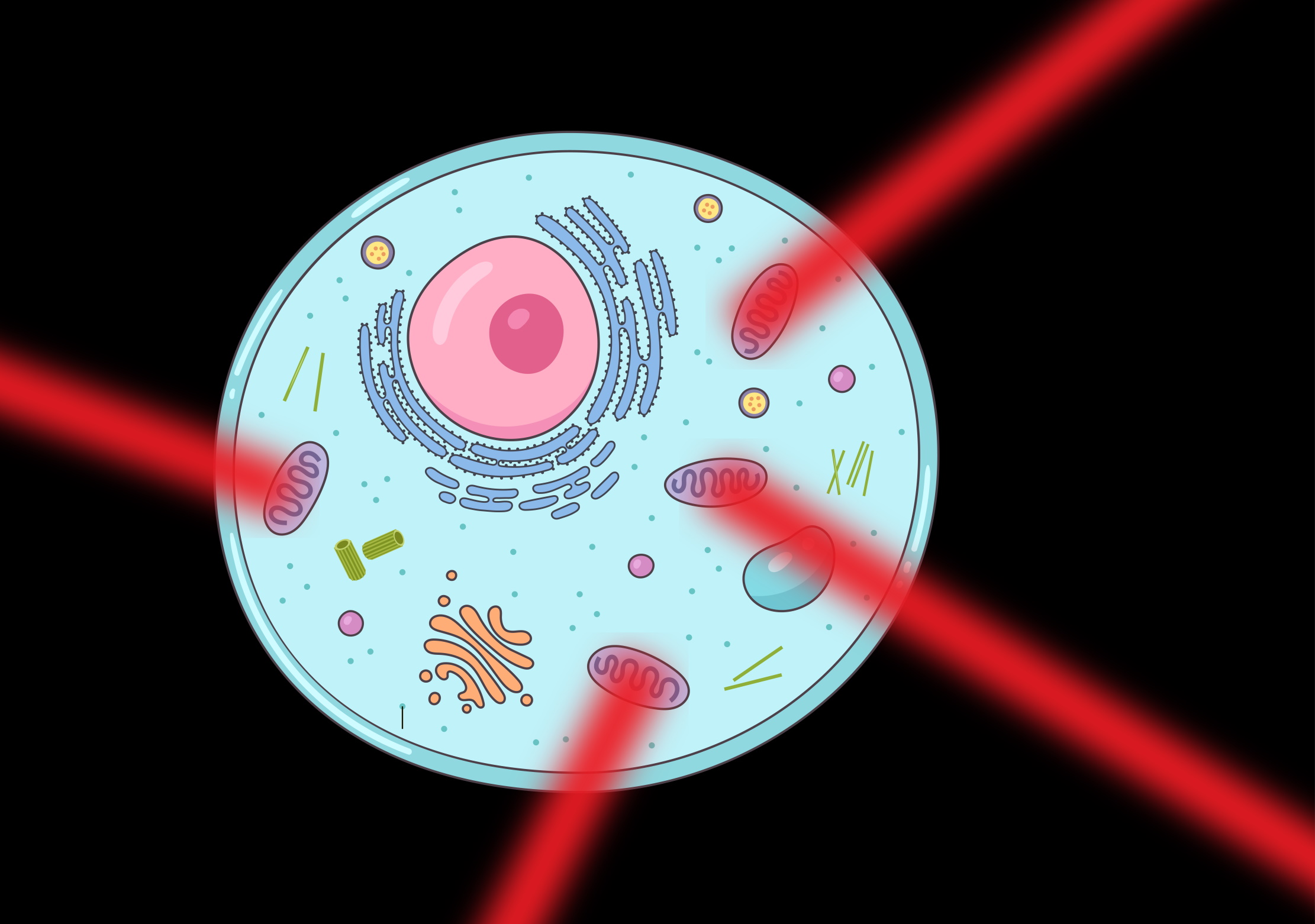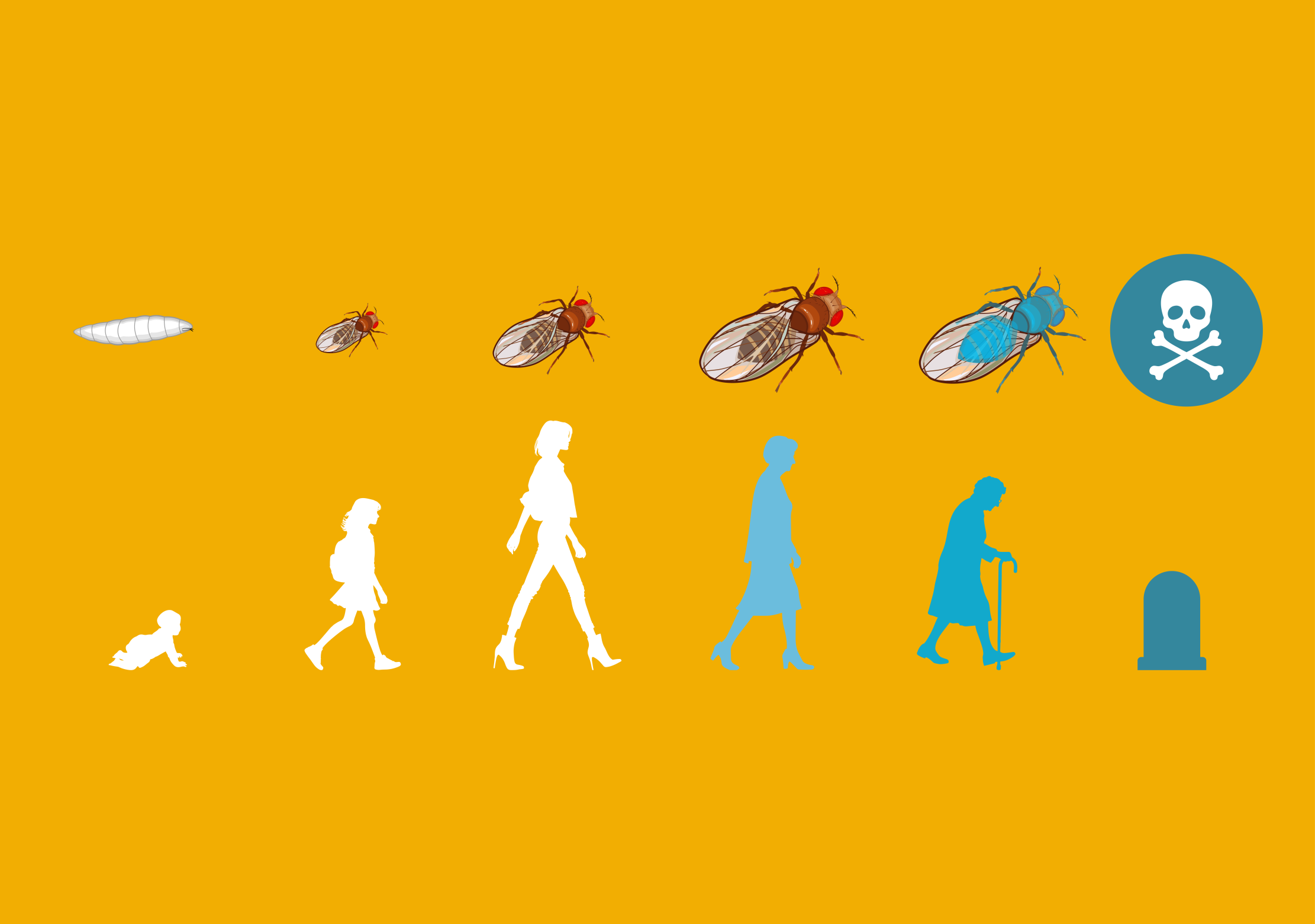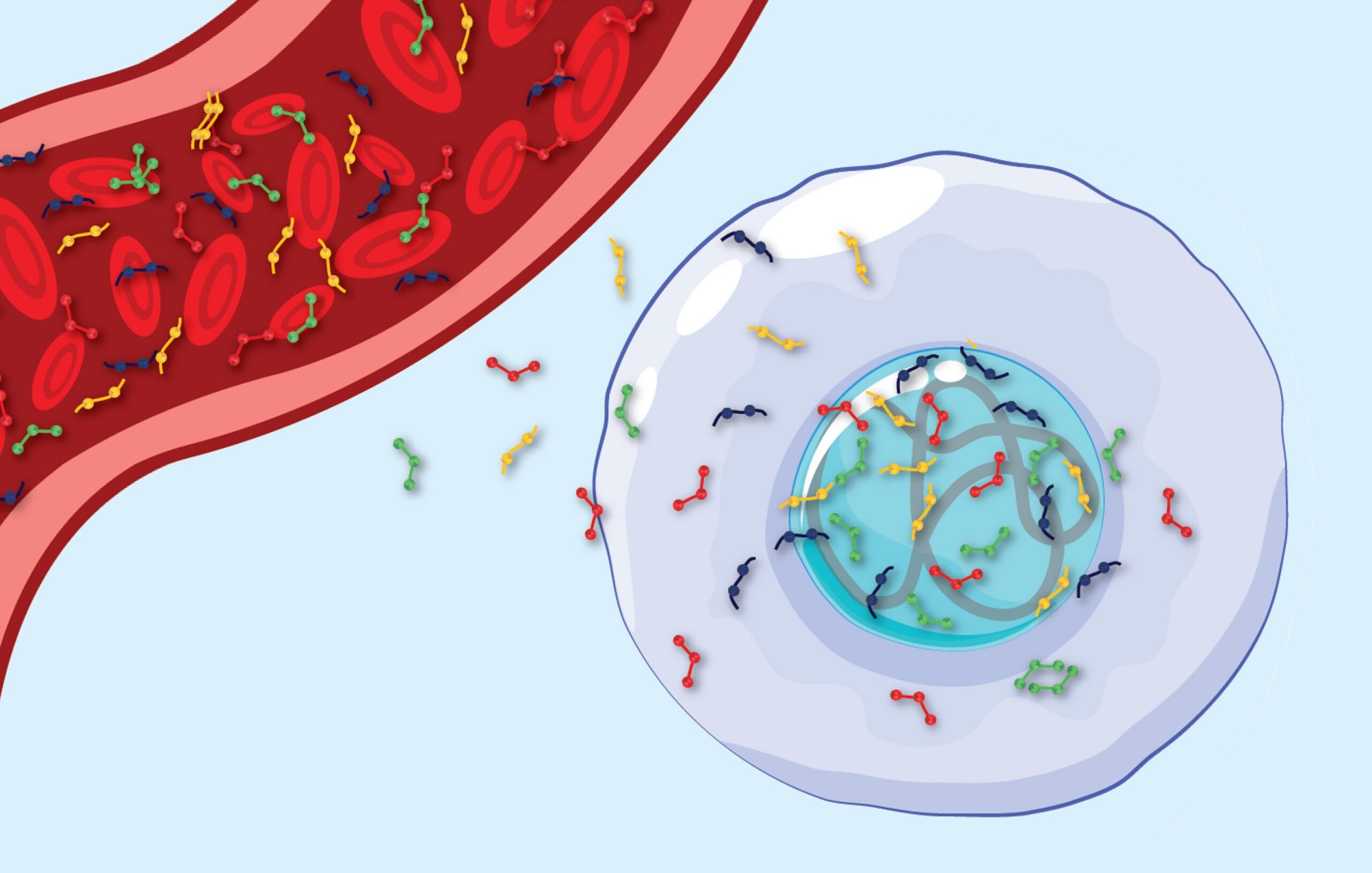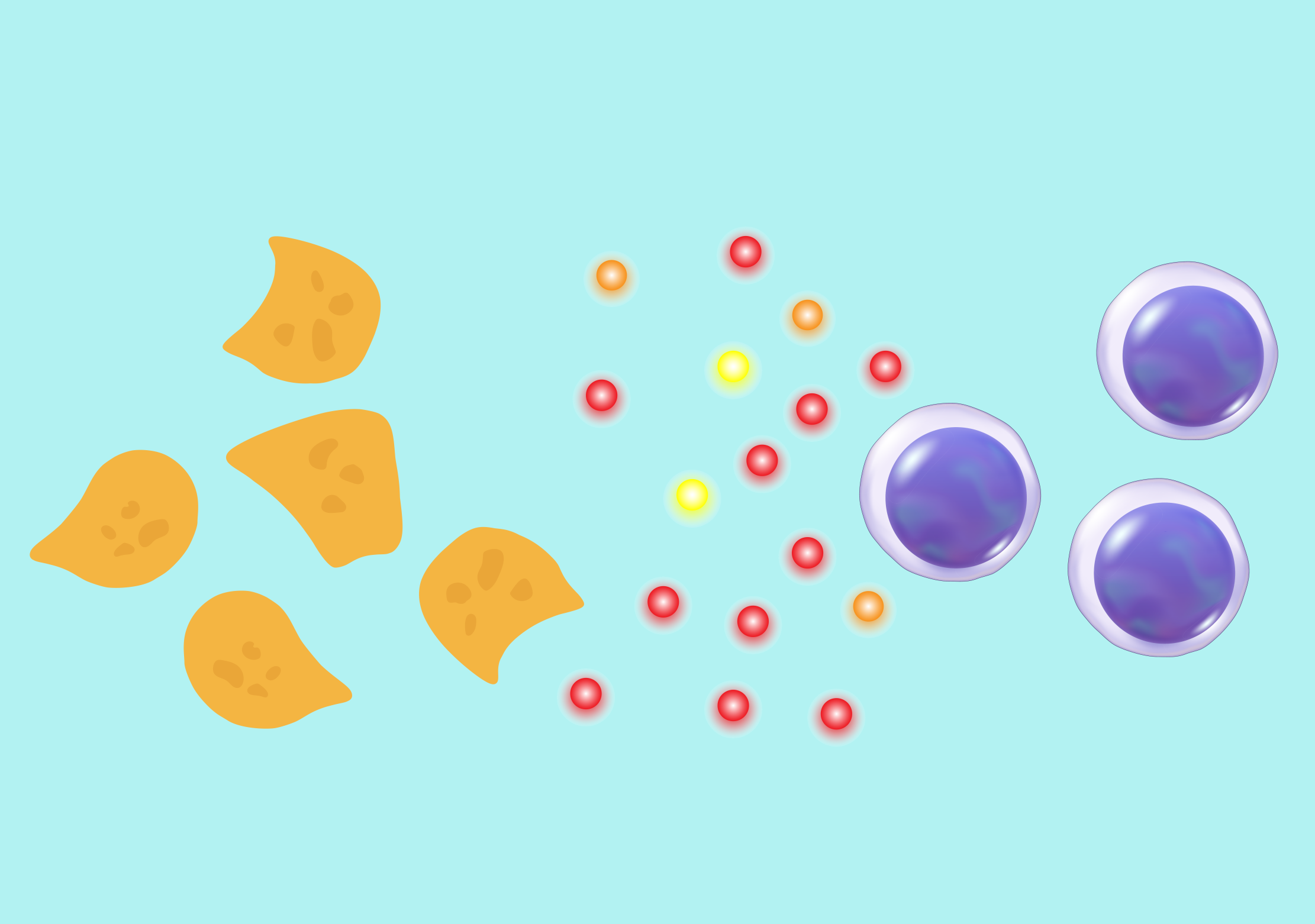In universities everywhere, there’s growing recognition that the traditional lecture model is no longer enough. As disciplines become more complex and interconnected, students need more than information – they need ways to engage actively with what they’re learning. This means moving beyond passive listening and note-taking, towards approaches that foster critical thinking and collaboration. At the University of Plymouth, a new teaching innovation is showing how gamified learning can encourage deeper understanding and student engagement. Read More
Created by Dr Michael Dillon and his colleagues, Micro-Immune Battles is a digital and physical educational game that offers an engaging way for students to explore complex biomedical concepts. Based on real-world medical scenarios, students work collaboratively to understand how the immune system responds to infections and how this response contributes to the symptoms that underpin diagnosis.
Micro-Immune Battles was developed with flexibility in mind. It can be delivered as an in-person classroom activity using a physical deck of cards, or as a digital exercise through an online platform. Whether students are on campus or working remotely, the game supports critical thinking, engagement, teamwork, and knowledge application. Its adaptability makes it suitable for use across many other disciplines that require systems thinking and decision-making.
The game’s hands-on approach aligns with the University of Plymouth’s commitment to learning by doing. As Michael’s work demonstrates, students at the University of Plymouth have the opportunity to engage, explore, and apply. This approach can successfully be applied across a range of settings, including both in-person and online environments, and is designed to engage learners in tasks that reflect the real-world demands of professional practice. This strategy helps build confidence, deepen understanding, and a foster a sense of shared ownership over learning.
Initial evaluations of Micro-Immune Battles show promising results. Students not only improved their exam scores on relevant biomedical topics, but many also reported that the visual structure and interactivity helped them make sense of their course material in new ways. They appreciated the chance to apply knowledge to real-world scenarios and to receive immediate, targeted feedback – which the structure of the game made easy for facilitators to provide. This kind of active, formative assessment is known to support long-term retention and engagement.
Of course, all innovations come with lessons. For instance, some students found larger team sizes and screen-sharing in the digital version a bit cumbersome. Michael and his colleagues have refined the initial model based on student feedback – another hallmark of effective, student-centred education.
The team’s work shows how active, gamified teaching can support deeper learning across disciplines. It exemplifies the kind of learning environment that the University of Plymouth aims to foster: one where students are doing, not just listening; thinking, not just memorising; and learning in ways that prepare them for the real world.







